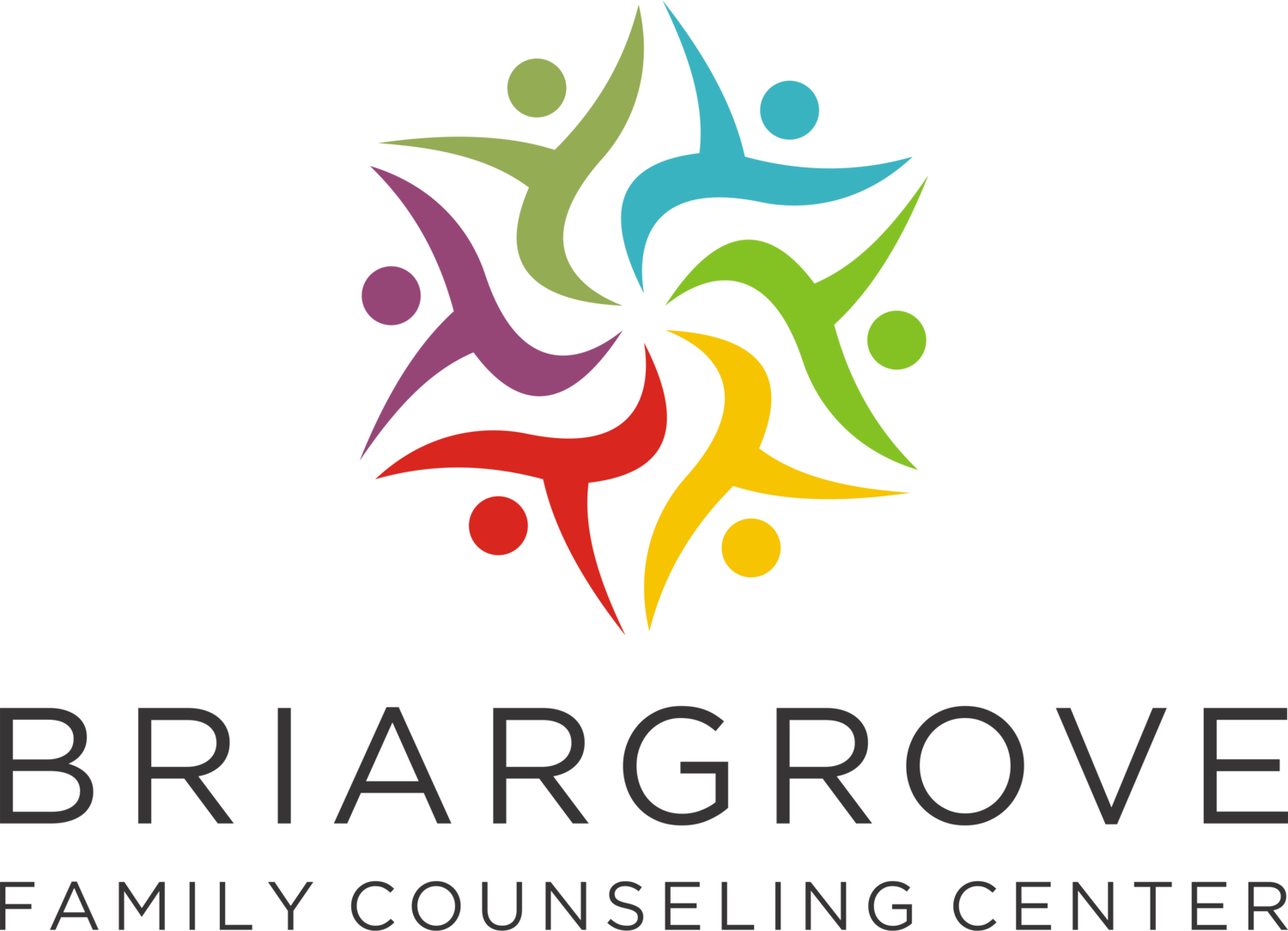Frequently Asked Questions
-
At its very core, therapy provides a safe, nonjudgmental place to be heard. The hallmark of therapy is its confidential nature. With few exceptions, everything you talk about remains between you and your therapist. This confidential compassionate space becomes fertile ground for healing and change to occur. For this reason, be completely open and honest.
-
Sessions vary in length. For individuals, sessions are 50 minutes in length. Couple or family sessions are 50 to 90 minutes in length. If you are interested in an intensive, please inform therapist via submission form or during the initial consultation call.
-
Depending on your current needs and the severity of the situation, the course of therapy can be different for each individual, couple or family. On average, couples and families have between 8-12 sessions. Individuals generally average 12-15 sessions.
-
The Centers for Disease Control & Prevention (CDC) has listed staggering statistics regarding the prevalence of abuse and trauma in the population. These statistics have indicated that more often than not a person has experienced serious trauma at some point in life. Unfortunately, the effects of trauma are often go un or-under recognized and we don’t recognize how our previous traumas may contribute to current distresses in life. While there are no specific techniques, the CDC has outlined several principles that make up trauma-informed care. These principles embody creating a culture of safety, trustworthiness, empowerment, and healing. For Briargrove Family Counseling Center this means fostering a therapeutic environment that (is):
-Safe, warm, compassionate
-Collaborative & Choice-filled
-Prevents retraumatization
Incorporates treatments specific to treating trauma within clinical realm of expertise or making appropriate referrals.
-
Cultural humility is a term to describe a posture of openness to another in relation to the aspects of cultural identity that are most important to the person. It begins with a personal commitment to lifelong self-evaluation and critique for the therapist. It means continually saying, “I don’t know and I’m willing to learn”. It also means learning is a continual process with no “finish line” where learning stops. Cultural humility commits to restructure power imbalances where they exist. In the therapeutic relationship, this means you are the expert on your experience. While I may have knowledge through education and training, you offer invaluable personal understanding that exceeds my scope of knowledge. We work together to find the best course of treatment for you. Furthermore, it means developing partnerships with people and groups who advocate for others. Though individuals can create change in communities, it is recognising that advocacy must extend to the larger organisations in which we are embedded.
Tervalon, M., & Murray-Garcia, J. (1998). Cultural humility versus cultural competence: A critical distinction in defining physician training outcomes in multicultural education. Journal of Health Care for the Poor and Undeserved, 9, 117-125.
-
Intergenerational trauma refers to ideas used to explain an adaptive or maladaptive response to chronic stress among people groups and how it continues through generations. Studies conducted measuring prolonged stress on cultural groups as a result of war, combat, genocide, mass incarceration, and slavery, often resulted in a transferring of psychological and physical stress to their children, grandchildren, and beyond. For this reason, cultural trauma may be explored and included in treatment to give a fuller picture of your experiences in light of your historical context
Bezo, B., & Maggi, S. (2015). Living in “survival mode:” Intergenerational transmission of trauma from the Holodomor genocide of 1932–1933 in Ukraine. Social Science & Medicine, 134, 87-94.
Cerdeña, J. P., Rivera, L. M., & Spak, J. M. (2021). Intergenerational trauma in Latinxs: A scoping review. Social Science & Medicine, 270, 113662.
Denov, M., Woolner, L., Bahati, J. P., Nsuki, P., & Shyaka, O. (2020). The intergenerational legacy of genocidal rape: The realities and perspectives of children born of the Rwandan genocide. Journal of interpersonal violence, 35(17-18), 3286-3307.
Devakumar, D., Birch, M., Osrin, D., Sondorp, E., & Wells, J. C. (2014). The intergenerational effects of war on the health of children. BMC medicine, 12(1), 1-15.
Graff, G. (2014). The intergenerational trauma of slavery and its aftermath. The Journal of psychohistory, 41(3), 181.
Nagata, D. K., Kim, J. H., & Nguyen, T. U. (2015). Processing cultural trauma: Intergenerational effects of the Japanese American incarceration.
Ryan J, Chaudieu I, Ancelin ML, Saffery R. Biological underpinnings of trauma and post-traumatic stress disorder: focusing on genetics and epigenetics. Epigenomics. 2016;8(11):1553-1569.
